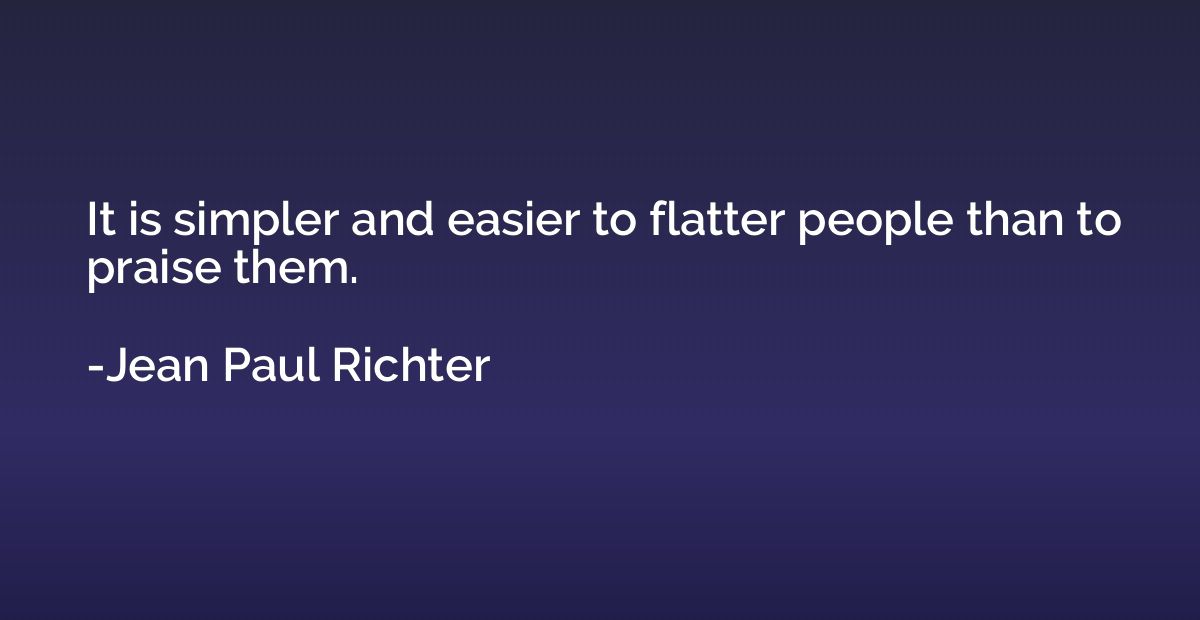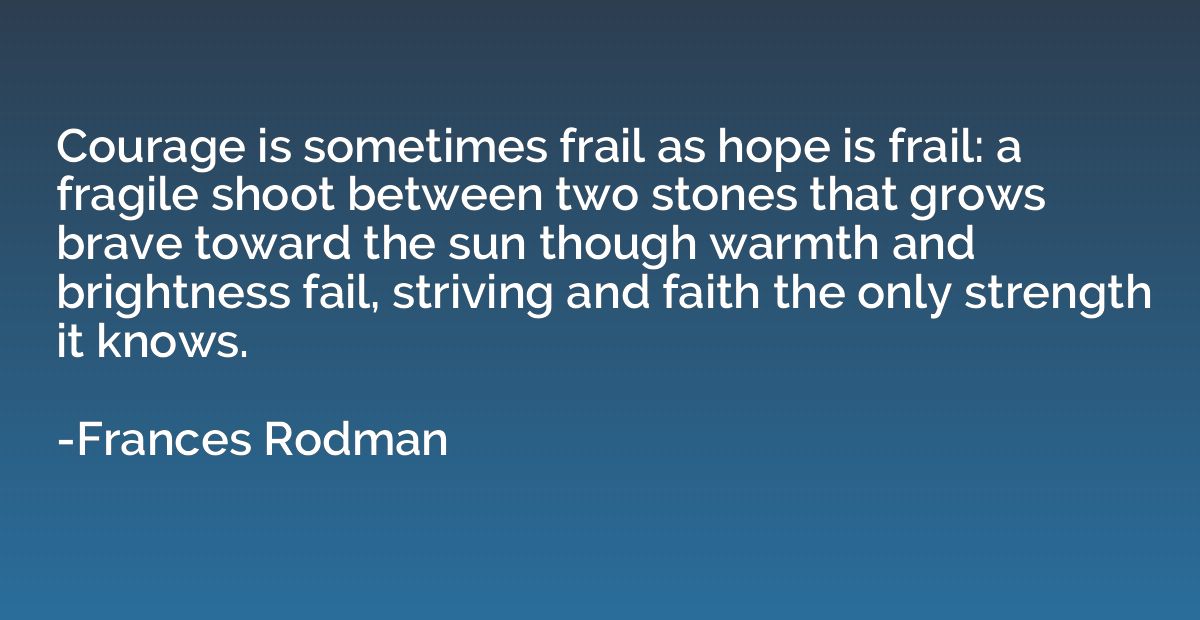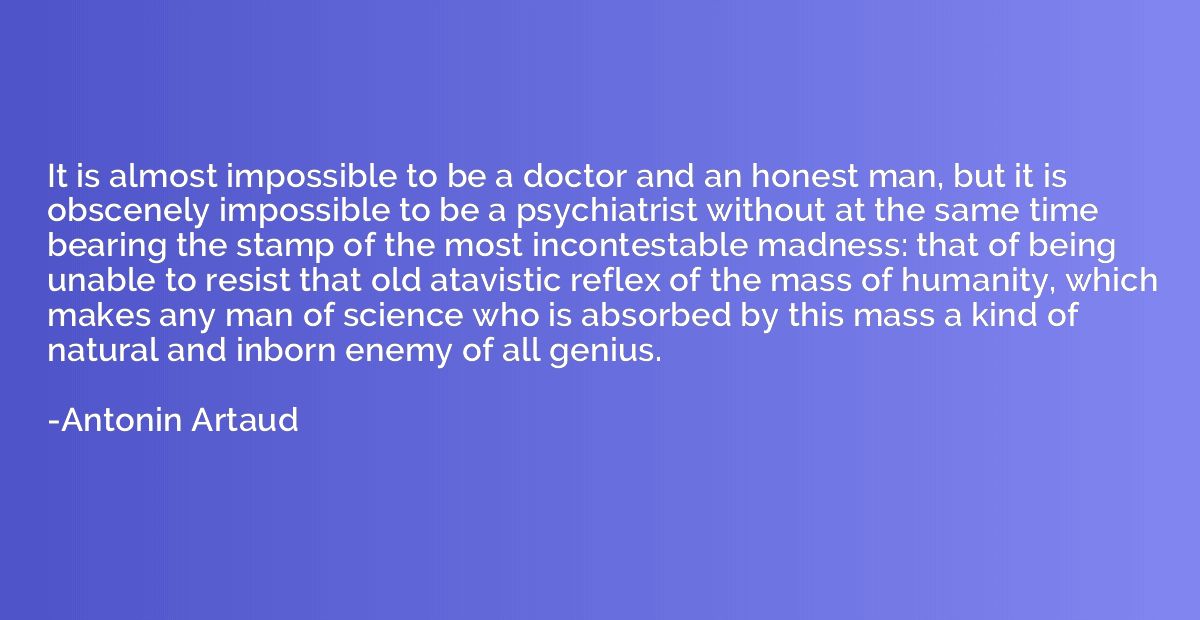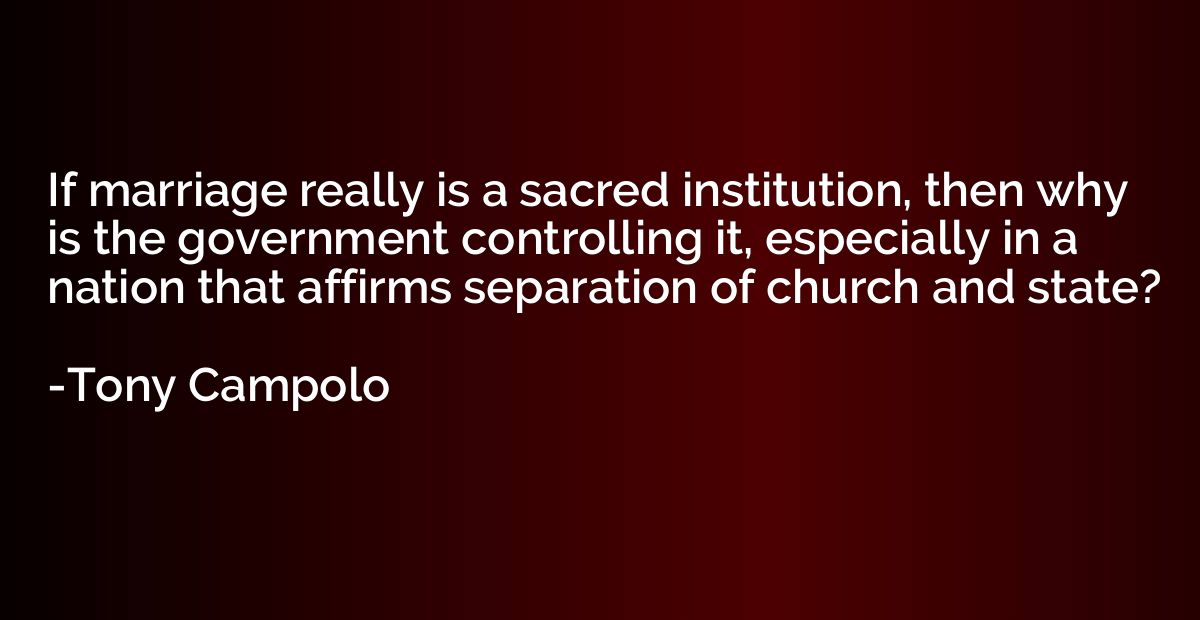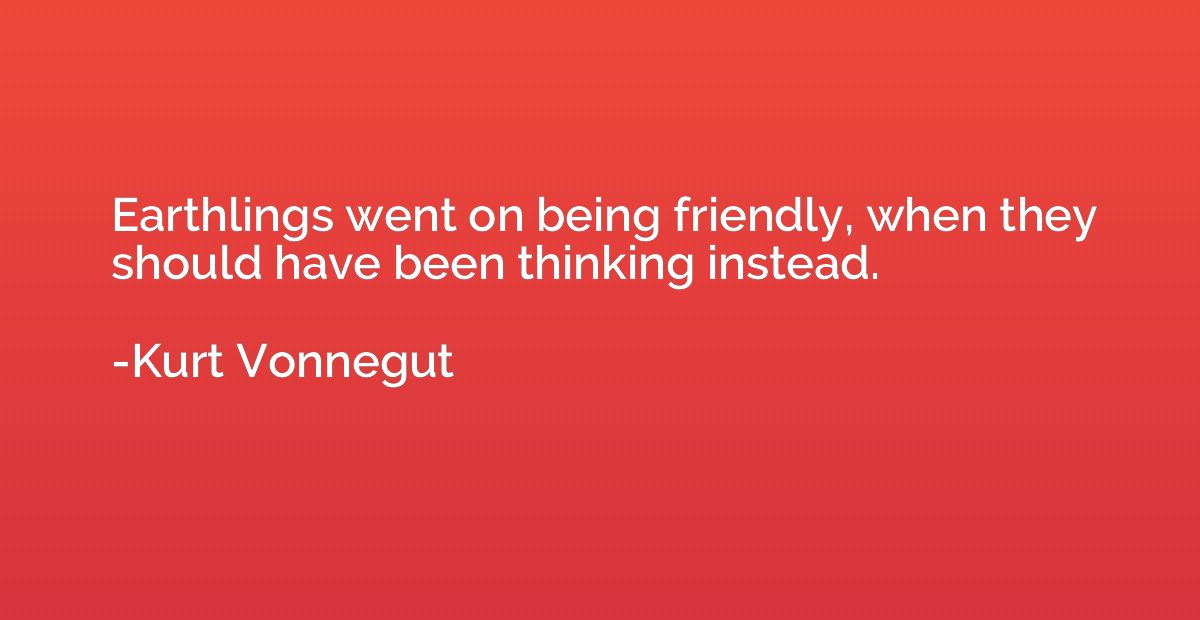Quote by Virginia Woolf
Why, if it was an illusion, not praise the catastrophe, whatever it was, that destroyed illusion and put truth in it's place?
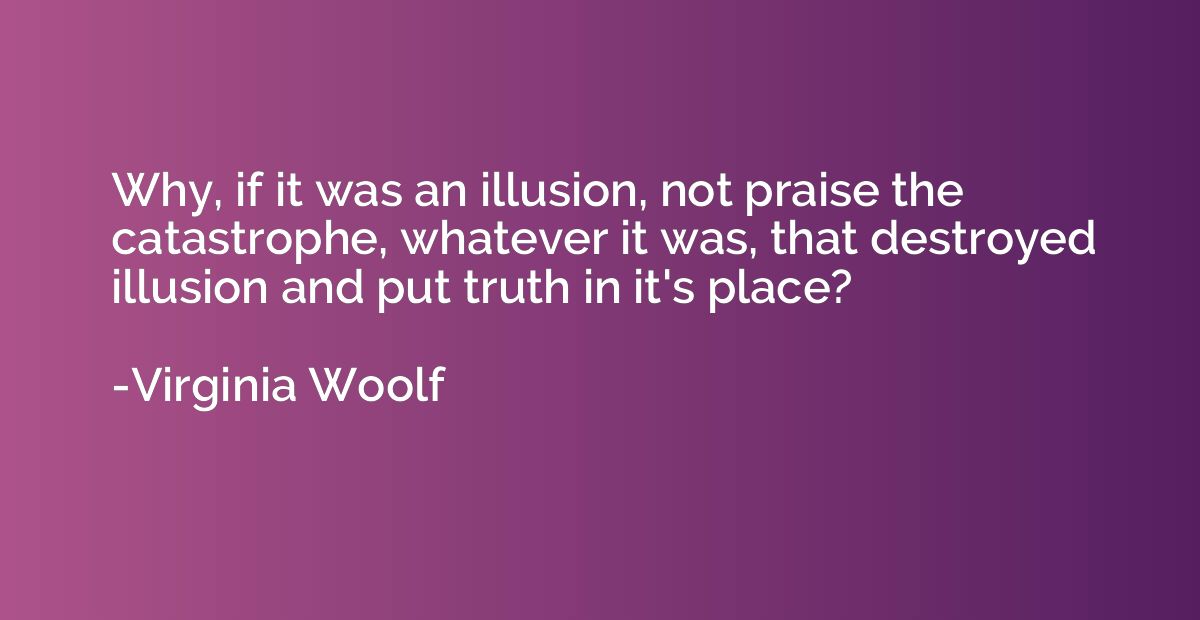
Summary
This quote suggests that if something, like an illusion, is revealed to be false or deceptive, it should be celebrated rather than mourned. Instead of dwelling on the loss of the illusion, the focus should be on the revelation of truth and the opportunity it presents for growth and understanding. Essentially, it calls for embracing and appreciating the events that expose illusions, as they pave the way for a more genuine and authentic perception of reality.



